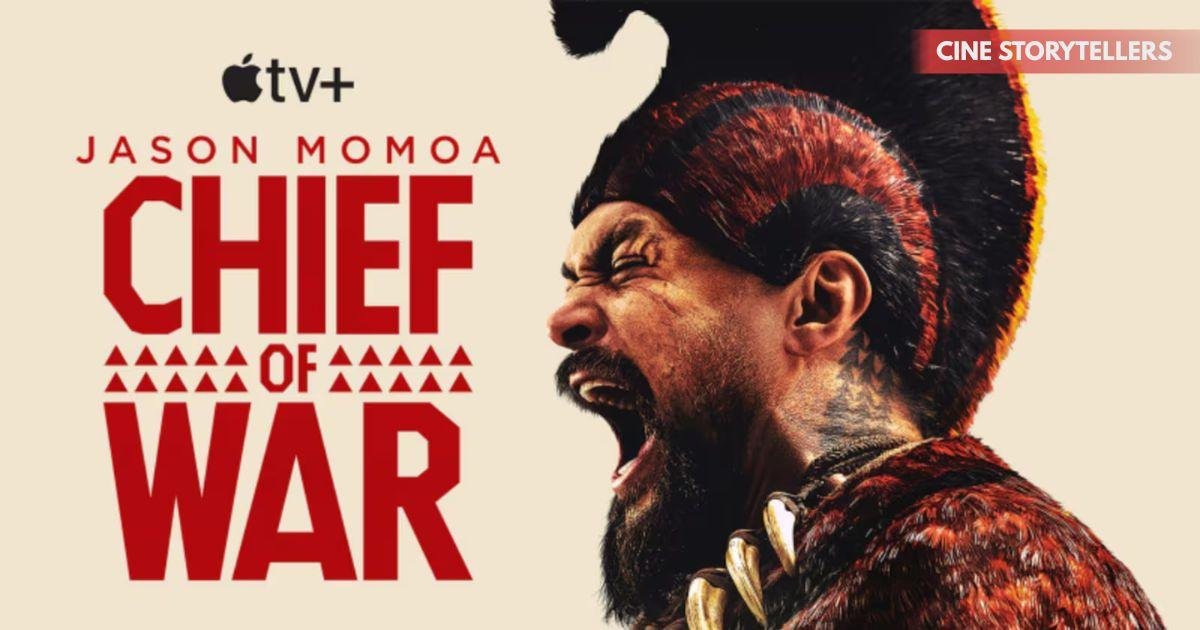Jason Momoa’s new Apple TV+ series Chief of War is more than just a gripping historical drama—it’s a passionate attempt to bring an essential piece of Hawaiian history to the global stage. Co-created by Momoa and Thomas Pa’a Sibbett, the series blends real events with compelling dramatization, centering on the rise of a legendary Hawaiian chief in the late 18th century. As the show makes headlines, many viewers are asking: how much of Chief of War is grounded in truth?
A Look Into Hawaii’s Tumultuous Past
The narrative of Chief of War is set during one of the most critical periods in Hawaiian history—the unification of the Hawaiian Islands. During the late 1700s, the archipelago was made up of several independent kingdoms, each ruled by their own aliʻi (chiefs or nobles). These territories were often in conflict, fighting for dominance, resources, and sovereignty.
This turbulent era ultimately led to the rise of King Kamehameha I, the first ruler to unify all the Hawaiian Islands into one kingdom. His rise to power marked the end of internecine warfare and the beginning of centralized rule in Hawaii. The themes of conquest, diplomacy, and cultural transformation serve as a historical backdrop for Chief of War.
Jason Momoa’s Role and Vision
In Chief of War, Jason Momoa plays Ka’iana, a complex figure inspired by real historical accounts. Ka’iana was a high-ranking Hawaiian chief and noted warrior who played a key role during Kamehameha’s unification campaigns. Known for being the first Native Hawaiian to travel abroad on a Western ship, Ka’iana’s life was marked by both loyalty and conflict, culminating in a dramatic falling out with Kamehameha.
Momoa, who is of Native Hawaiian descent, has long been vocal about his desire to tell Indigenous stories. With Chief of War, he aims to amplify a narrative that has often been overlooked by mainstream media. In interviews, he has expressed a deep sense of kuleana (responsibility) in portraying the nuanced history and cultural heritage of his ancestors.
The Significance of the Title “Chief of War”
The series title isn’t just a dramatic flourish—it encapsulates a central dilemma in Hawaiian history. Chiefs during this era were not only political leaders but also wartime strategists. Being a “chief of war” was both a burden and a badge of honor, requiring diplomacy, martial skill, and loyalty to one’s people.
In Ka’iana’s case, his shifting alliances and eventual rebellion against Kamehameha pose moral and philosophical questions that the show seeks to explore: What happens when loyalty to your people conflicts with personal beliefs or political motives?
Cultural Accuracy and Representation
One of the standout features of Chief of War is its commitment to authenticity. The show’s creators have collaborated with Hawaiian cultural advisors and historians to ensure that the language, customs, and wardrobe accurately reflect the period. Most of the dialogue is in the Hawaiian language, a bold and significant choice that honors the linguistic heritage of the islands.
Furthermore, the casting of Native Hawaiian and Polynesian actors across principal roles promotes a standard of representation rarely seen in historical epics. This effort aligns with the broader movement in entertainment to elevate Indigenous voices and ensure historical narratives are told by those who inherit them.
The Role of Western Influence
The late 18th century also saw the increasing presence of Western explorers, traders, and missionaries in Hawaii. Chief of War does not shy away from this aspect of history. Western ships brought new technologies, weapons, and diseases that altered the social and political dynamics of the islands.
Ka’iana’s own journey abroad symbolizes this crossroads between tradition and transformation. His exposure to foreign cultures and military strategies made him a formidable figure but also a controversial one. His eventual opposition to Kamehameha reflects the complexities faced by Indigenous leaders during times of rapid change.
Themes of Unity, Betrayal, and Legacy
At its core, Chief of War is not just about power struggles—it’s about the human cost of leadership. Through Ka’iana, the series explores the emotional toll of war, the burden of leadership, and the tension between preserving culture and embracing change.
The conflict between Kamehameha and Ka’iana is not merely a historical fact but also a poignant lens through which to examine questions of identity, loyalty, and purpose. The show asks: Is it better to serve under a unified kingdom or stand against it for your beliefs?
Reception and Impact
Since its release, Chief of War has garnered widespread attention for its bold storytelling and sweeping visuals. Critics have praised its production quality, historical fidelity, and performances—especially Momoa’s intense portrayal of Ka’iana.
More importantly, the series is igniting conversations about Hawaiian sovereignty, colonialism, and Indigenous storytelling. It is a reminder that Hawaii’s history is far richer than its postcard-perfect imagery, filled with heroes, rebels, and epic battles worthy of global attention.
Also Read : Game of Thrones: War for Westeros – Complete Breakdown of the Epic RTS Game
Conclusion
Chief of War is not just entertainment—it is a reclamation of narrative. By dramatizing the real-life struggles of historical Hawaiian figures like Ka’iana, the series educates, honors, and revitalizes a cultural legacy that has long been misrepresented or ignored.
Jason Momoa’s commitment to authenticity, paired with a compelling storyline, ensures that Chief of War stands out not only as a dramatic triumph but also as a cultural milestone. As viewers around the world tune in, they are offered a rare and necessary glimpse into the soul of a people who fought fiercely—for identity, autonomy, and unity.
Join our WhatsApp channel for more updates and information about celebrities and entertainment.

I’m Atul Kumar, founder of Cine Storytellers and an entertainment creator with 5+ years of experience. I cover films, celebrities, music, and OTT content with a focus on accurate, ethical, and engaging storytelling. My goal is to bring readers trustworthy entertainment news that informs, inspires, and goes beyond gossip.
Discover more from Cine Storytellers
Subscribe to get the latest posts sent to your email.
